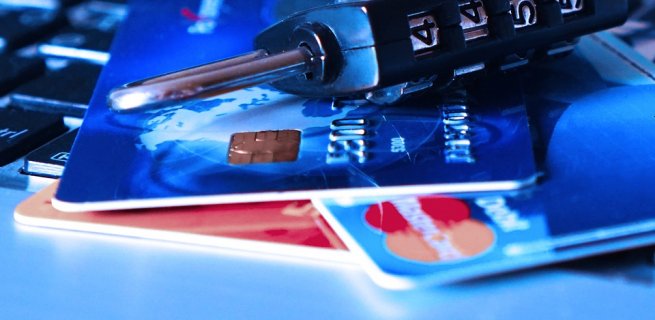Although most categories of crime are in decline, the incidence of fraud is increasing, according to figures from the NSW Bureau of Crime Statistics and Research (BOCSAR). The most common types of fraud and dishonesty offences in NSW include credit card fraud, petrol theft and identity theft.
What are fraud offences?
Fraud offences vary immensely, from creating false invoices as an employee and transferring an employer’s money into your account, to credit card fraud, cyber fraud, identity crime, Centrelink fraud, and white-collar corporate crime.
These offences can also include activities such as forgery, counterfeiting currency, petrol theft and more subtle forms of fraud like trademark fraud.
The basic definition of fraud is any activity that is dishonest and deceptive and is carried out with the intent to achieve financial or personal gain or someone else’s loss. The law deals with fraudulent activities in many different ways, depending on the circumstances.
Rate of fraud offences accelerating
According to the figures from BOCSAR, incidents of fraud have been steadily increasing in NSW since 1995, and the rate has accelerated in the two years to December 2013.
Most common fraud types
The two most common types of fraud according to BOCSAR are credit card fraud and petrol theft, also known as drive-offs. Fraudulent use of credit cards made up 35% of incidents of fraud in 2012-13, and fuel drive-offs totalled 30% of the recorded incidents of fraud.
Card fraud
Credit card fraud doesn’t just involve the major credit card types. There were incidents recorded in NSW of people using many other card types issued by financial institutions to carry out fraudulent activities, including debit cards.
According to BOCSAR, the average card fraud costs $940 per recorded incident, and the total cost of credit card fraud over the period between 2012-2013 was $16,207,377.
Credit card details are usually obtained in one of two ways – either by stealing the physical card itself or stealing the information using skimming technology.
According to police reports, credit card fraud is often used to purchase lower value consumer items including grocery items, fast food, alcohol and cigarettes. Card information is also used online to purchase pre-paid mobile equipment, electrical goods and pay household bills.
Identity fraud a growing concern
After credit card fraud and fuel drive-offs, the third most common fraud type in 2012-2013 was identity fraud. Identity fraud makes up a much lower percentage of the overall cost of fraud than other types.
This is largely because in the cases studied, identity fraud often involved gains that weren’t directly financial, including using another person’s identity for establishing non-financial accounts, business registration or using it for identification purposes.
The highest cost of identity fraud was in cases where a person used someone else’s identity to apply for a loan, which gave them the ability to access large amounts of money.
Although there are many different types of fraud, not all of them are increasing at the same rate. According to the report from BOCSAR, the rates of certain types of fraud are actually in decline.
Some types of fraud declining
The BOCSAR report reveals that the incidence of certain types of fraud actually decreased in the five years to December 2013. These include misappropriation of cheques, which has declined by 31% since 2008, and possess false instrument, which declined by 23.8% during the same time period.
The reduction in cheque-related crime can be easily explained by the decline in use of cheques as a form of payment over the last few years.
Although crimes like embezzlement and cheque fraud are declining in number, the financial impact of these crimes is usually much higher than more common crimes like credit card fraud and petrol theft. Although they may be less frequent, the consequences can be just as severe.
Fraud is currently the fastest growing category in NSW of all the major offence categories, and this appears likely to be a continuing trend with the speed of growth of fraud offences also increasing. Fraud can come with harsh penalties for those convicted. If you have been charged with a fraud offence, it’s essential that you seek strong legal representation as early as possible.











